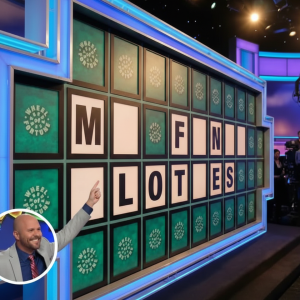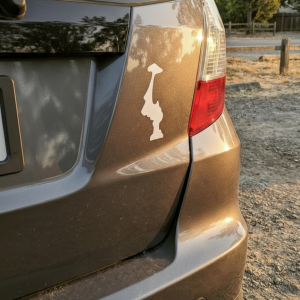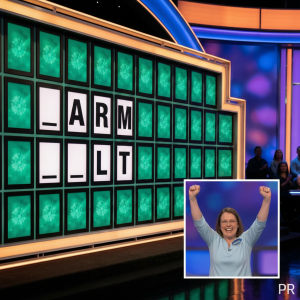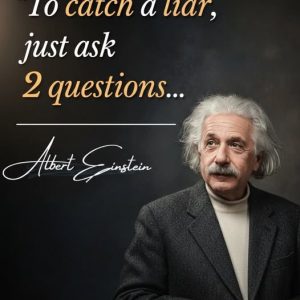From the moment it began to take shape in the latter half of the twentieth century, the internet has reshaped every aspect of human life. Once a tool limited to scientific research and government communication, it has evolved into an omnipresent force, touching work, education, entertainment, and social interaction. Its reach is so pervasive that most people scarcely pause to consider its impact; it is as natural to modern life as electricity or running water. Yet beyond the conveniences it affords, the internet’s most profound influence may be its role as a vast repository of shared knowledge. In the centuries prior to its rise, access to information was painstakingly slow and highly localized, dependent on libraries, print media, or word of mouth. Scholars spent years poring over texts to uncover insights that are now searchable in seconds. Rare discoveries, once confined to a handful of minds, are now instantly accessible to anyone with a connection. This democratization of information has leveled the playing field, enabling curiosity, innovation, and learning on a scale previously unimaginable.
The sheer scope of information available through the internet is staggering. No topic, no matter how obscure, is beyond reach if one knows how to look. From quantum physics to ancient art, from the history of obscure villages to the mechanics of modern engineering, knowledge is catalogued, indexed, and searchable within seconds. It is not only the breadth of information that matters but also its depth. Scholarly journals, open-access databases, video tutorials, discussion forums, and crowd-sourced platforms allow users to explore concepts in ways tailored to their level of understanding. The ability to cross-reference sources and examine multiple perspectives empowers critical thinking in unprecedented ways. Where previous generations relied on the guidance of experts or local educators, today’s learners can navigate a global knowledge network, constructing understanding from a mosaic of voices, research, and documentation. In this way, the internet does not simply provide answers; it fosters the ability to question, analyze, and synthesize knowledge independently.
Equally remarkable is the speed with which information circulates in the digital age. Mysteries and questions that might have taken decades to solve—or that might have remained forever elusive—can now be approached with almost immediate feedback. Scientific research benefits tremendously from this rapid exchange; hypotheses can be tested, published, and reviewed across continents within weeks or even days. Historical and social inquiries gain new dimensions as archives, oral histories, and digitized records become instantly accessible. Even personal problem-solving—whether troubleshooting a software error, learning a new skill, or understanding a medical condition—has been transformed. What once required consultations, letters, or library visits now happens in real time. This immediacy not only accelerates learning and discovery but also reinforces the interconnectedness of human knowledge, as ideas can propagate, adapt, and evolve faster than ever before.
The transformative power of this shared knowledge extends beyond individuals into communities and societies at large. The internet has become a platform for collaboration, where groups of people—sometimes thousands of miles apart—can pool their expertise and creativity to solve problems. Open-source projects, citizen science initiatives, and global research collaborations thrive because participants can contribute without being constrained by geographic location or institutional affiliation. Ideas that might have languished in isolation now find audiences, testers, and collaborators within hours. This networked approach accelerates innovation, fosters cultural exchange, and ensures that the benefits of knowledge are distributed more equitably. Education, in particular, has been revolutionized, as students worldwide can access lectures, textbooks, tutorials, and interactive simulations that would have been impossible to obtain in prior generations. The internet, therefore, is not merely a storehouse of facts—it is a living, dynamic ecosystem in which learning, creativity, and problem-solving flourish collaboratively.
At the same time, the internet challenges traditional notions of authority, expertise, and access. In centuries past, knowledge was often guarded by elites—universities, scholars, and institutions that controlled access to texts and research. Today, the democratization of information allows anyone to participate, to learn, and to contribute. This shift has profound implications for social and political life, empowering individuals to challenge established narratives, uncover hidden histories, and share diverse perspectives. Yet with this abundance comes responsibility: not all information is accurate, verified, or free of bias. Users must navigate the vast sea of content critically, learning to discern reliable sources from misinformation. In doing so, they become active participants in the production of knowledge rather than passive consumers. The internet, therefore, is not just a repository; it is a training ground for critical literacy, encouraging users to engage thoughtfully, question assumptions, and seek truth amidst a torrent of information.
Ultimately, the internet stands as one of the most consequential inventions of recent centuries, not merely because of the conveniences it provides, but because it embodies the cumulative knowledge of humanity in a form accessible to all. It has transformed the way we learn, communicate, and innovate, turning the impossible into the achievable and the distant into the immediate. Mysteries that would have once taken generations to solve, questions that would have remained unanswered, and skills that were once out of reach can now be explored at the click of a button. In this sense, the internet is a tool, a library, a laboratory, and a global conversation all at once—a shared space where ideas flow freely and knowledge grows exponentially. Its impact is measured not only in the lives it touches but in the generations it will shape, nurturing curiosity, fostering collaboration, and expanding the boundaries of what humans can understand and achieve. In embracing this resource responsibly, we participate in a collective endeavor, one that honors the past, empowers the present, and holds promise for a future defined by insight, discovery, and shared human wisdom.





